"You cannot win an Emmy for roles that are simply not there," said actress Viola Davis last fall as she became the first black woman to win a best lead actress (drama) Emmy trophy. But what goes for the increasingly diversifying (relatively speaking) small screen is amplified on the big screen, where even excellent work can go unrecognized.
But even getting that work can be a challenge, for both black actors and directors. Especially directors. Last year, for example, not a single black filmmaker was entrusted by a Hollywood studio to direct a film with a production budget exceeding $35 million. (Even African American-themed films don't necessarily wind up in the hands of African American directors.) And it's not just Hollywood; the scarcity of opportunities for black film directors even extends to other countries. Many top black directors, including Ernest R. Dickerson, Paris Barclay, Reginald Hudlin, Anthony Hemingway, and Debbie Allen, appear to have an easier time finding work in television rather than film.
Obviously, the lack of opportunities for black directors is not due to a lack of talent. To highlight some of that talent, we've identified the best-reviewed films (ranked by Metascore) from black directors released over the past two and a half decades.
12 Years a Slave (2013) 97 MC
Directed by Steve McQueen
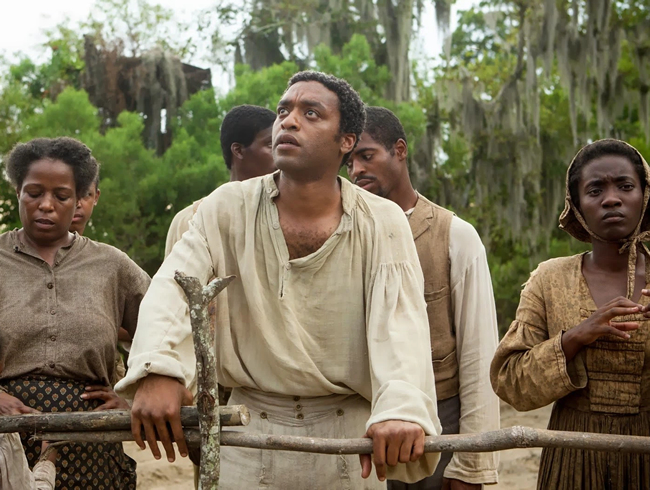
The English director's third feature isn't just the best-reviewed film by a black filmmaker in the past 25 years; it's #4 out of all films released this century, ranked by Metascore. An adaptation of Solomon Northup's 1853 account of being kidnapped as a free man and sold into slavery in the South, 12 Years also scored big on the awards circuit in 2013 on its way to becoming the only film by a black director to win the best picture Oscar. McQueen collected an Oscar as a producer of the film, but he lost out in the director race to Gravity's Alfonso Cuarón. To date, no black director has ever won an Oscar.
Timbuktu (2014) 92 MC
Directed by Abderrahmane Sissako
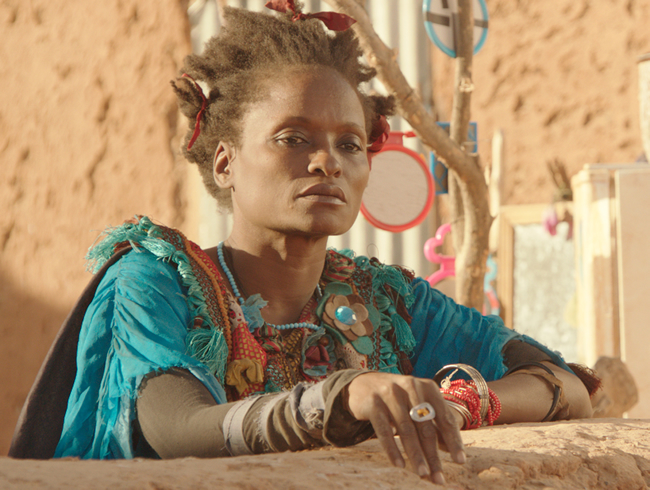
The best-reviewed foreign-language film released in the U.S. last year, Timbuktu is just the fourth film from sub-Saharan Africa (and the first by a black director) to receive an Oscar nomination. The film, which depicts the occupation of a portion of Mali by the militant Islamist group Ansar Dine, competed for a number of awards around the globe, with Mauritanian native Abderrahmane Sissako becoming the first black director to win a César, France's equivalent to the Academy Awards.
Moolaadé (2004) 91 MC
Directed by Ousmane Sembène
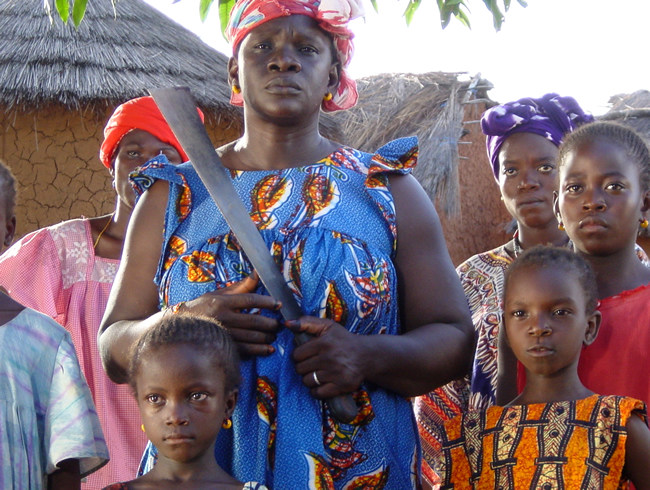
A fictional look at one African village's rebellion against female genital mutilation, Moolaadé is the final film from Senegalese writer-director Ousmane Sembène, who died in 2007 after a film career spanning five decades that earned him the nickname "the father of African film." The 2015 documentary Sembene! examines the filmmaker's remarkable life story.
4 Little Girls (1997) 89 MC
Directed by Spike Lee
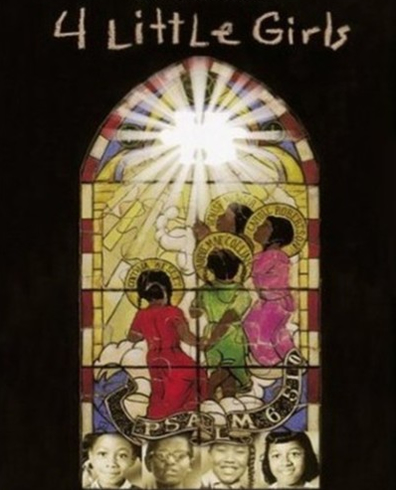
Spike Lee may be the biggest household name on this list, thanks in no small part to being one of the most prolific filmmakers of the past three decades, but even he has been ignored by the Academy. Lee has never won a non-honorary Oscar, and he's never been nominated as a director. In fact, his most recent nomination in any category came way back in 1998 for this documentary about a 1963 church bombing in Alabama. It's actually Lee's second-best-reviewed film to date, behind only 1989's Do the Right Thing.
Selma (2014) 89 MC
Directed by Ava DuVernay
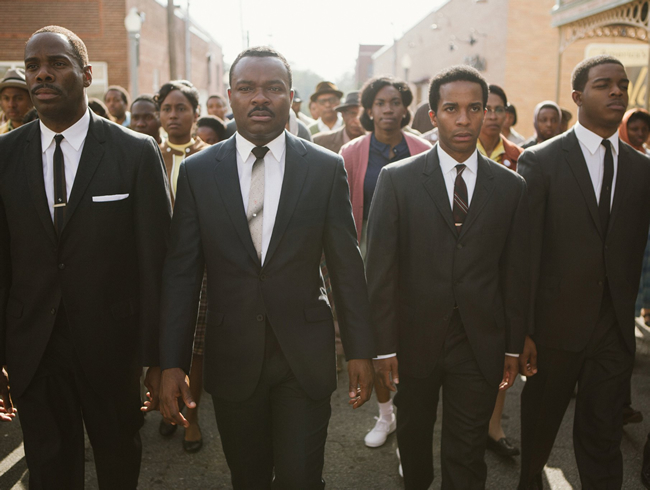
The highest-scoring narrative film from an African-American filmmaker in the past 25 years, Selma is the third feature from the increasingly influential Ava DuVernay, and it recounts the 1965 voting rights marches led by Martin Luther King, Jr. and fellow activists. Oprah Winfrey became the first black female producer to receive a best picture Oscar nomination, though the film lost in that race to Birdman. (DuVernay, meanwhile, wasn't even nominated for an Oscar, though she did become the first black woman director to receive a Golden Globe nomination.)
Gideon's Army (2013) 87 MC
Directed by Dawn Porter
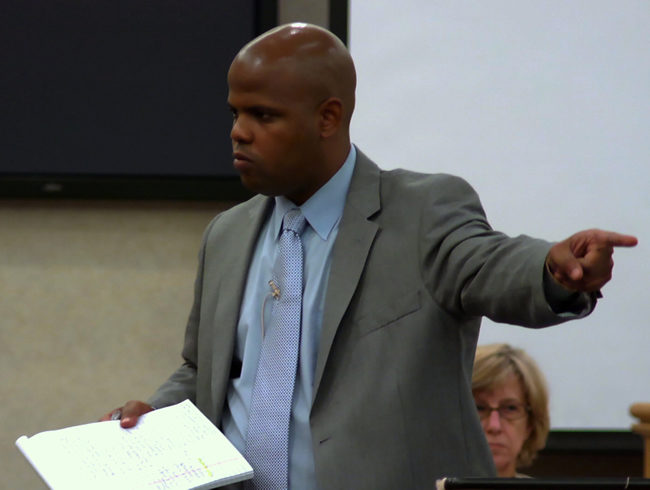
This award-winning debut feature from documentarian Dawn Porter offers a stark, eye-opening portrait of three overworked, black public defenders in the South.
One False Move (1992) 87 MC
Directed by Carl Franklin
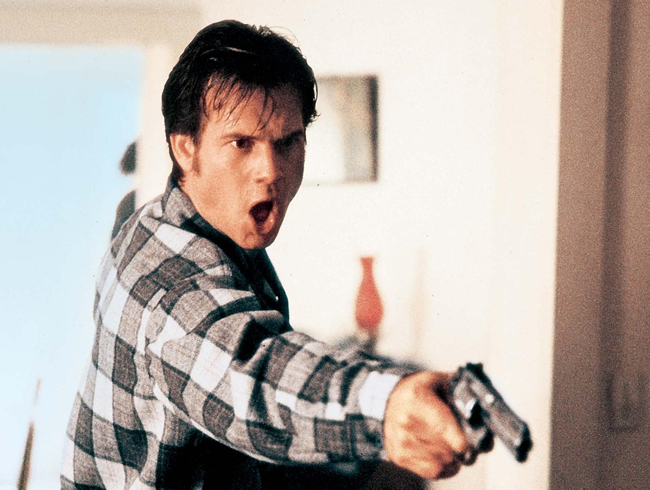
One of actor-turned-director Carl Franklin's first features, the noirish thriller One False Move was originally intended to be a straight-to-video release, but turned out so well that it wound up in theaters instead, appearing on several year-end top 10 lists in 1992. Generally considered an overlooked cult classic these days, the film features the first major acting appearance by Billy Bob Thornton (who also co-wrote the script) and also stars Bill Paxton and Cynda Williams.
Fruitvale Station (2013) 85 MC
Directed by Ryan Coogler
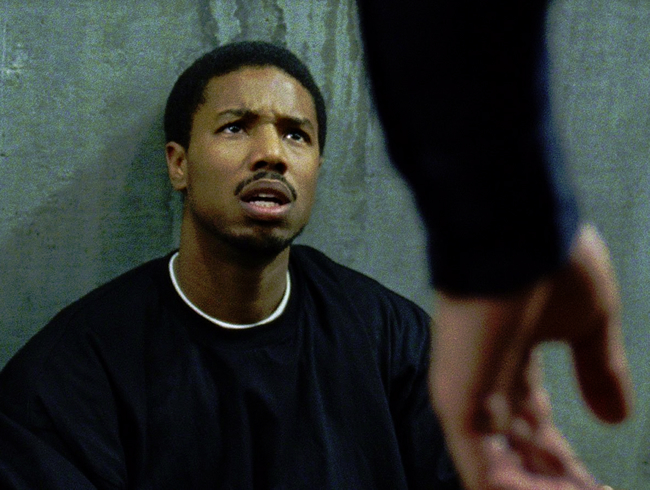
Creed director Ryan Coogler's excellent debut feature recounts the racially charged 2009 killing of an unarmed 22-year-old man at an Oakland rail station by a transit cop. The film, which (like Creed) stars Michael B. Jordan, swept both major awards at the 2013 Sundance Film Festival and also earned Coogler another award at Cannes later that year
Big Words (2013) 82 MC
Directed by Neil Drumming
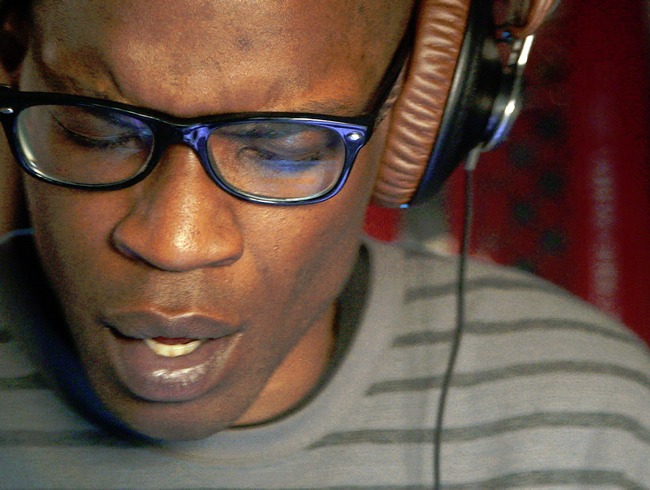
This low-budget indie dramathe debut from Neil Drummingfollows three former members of a short-lived hip-hop group (and one-time friends) as events bring them together for the first time in 15 years. Appropriately enough for a film titled Big Words, critics praised the dialogue, also by Drumming.
Creed (2015) 82 MC
Directed by Ryan Coogler
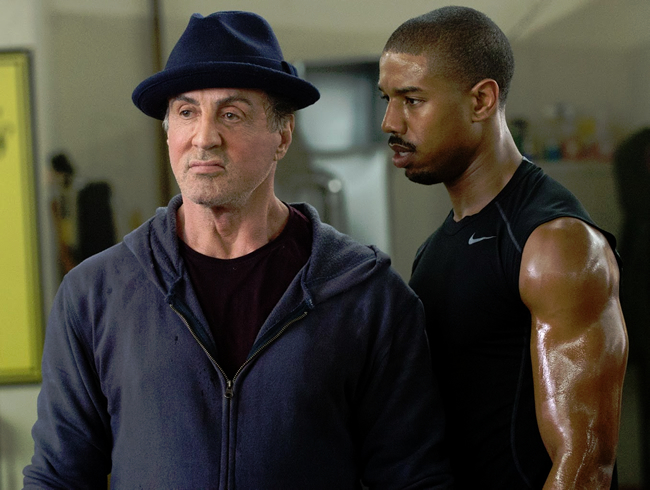
http://www.metacritic.com/pictures/25-best-movies-by-black-directors?ref=hpReuniting the aforementioned Coogler with his Fruitvale Station star Michael B. Jordan, Creed is the best Rocky film since ... well, Rocky itself. It's also one of two major examples (along with Straight Outta Compton) cited by the recent #OscarsSoWhite movement, as the critically acclaimed (and financially successful) drama received just one Academy Award nomination: for white co-star Sylvester Stallone.
The remaining 15 are in the link.
